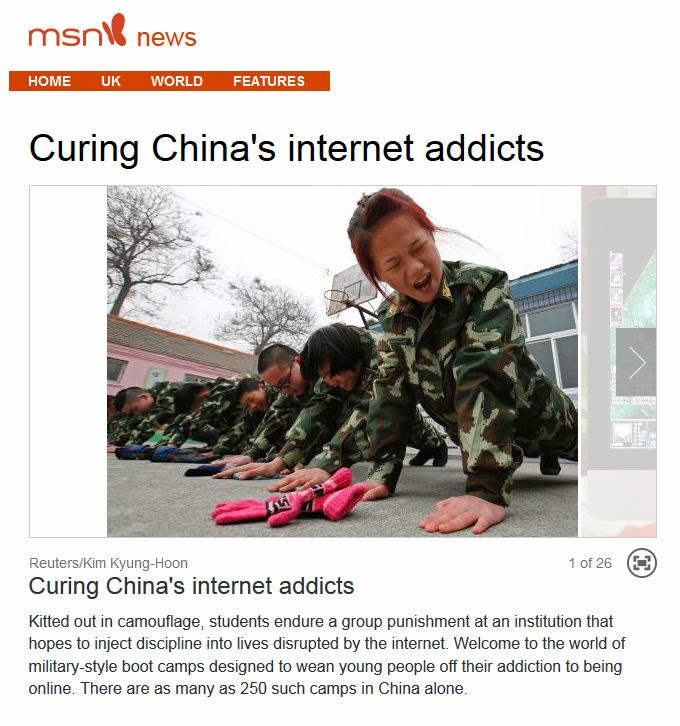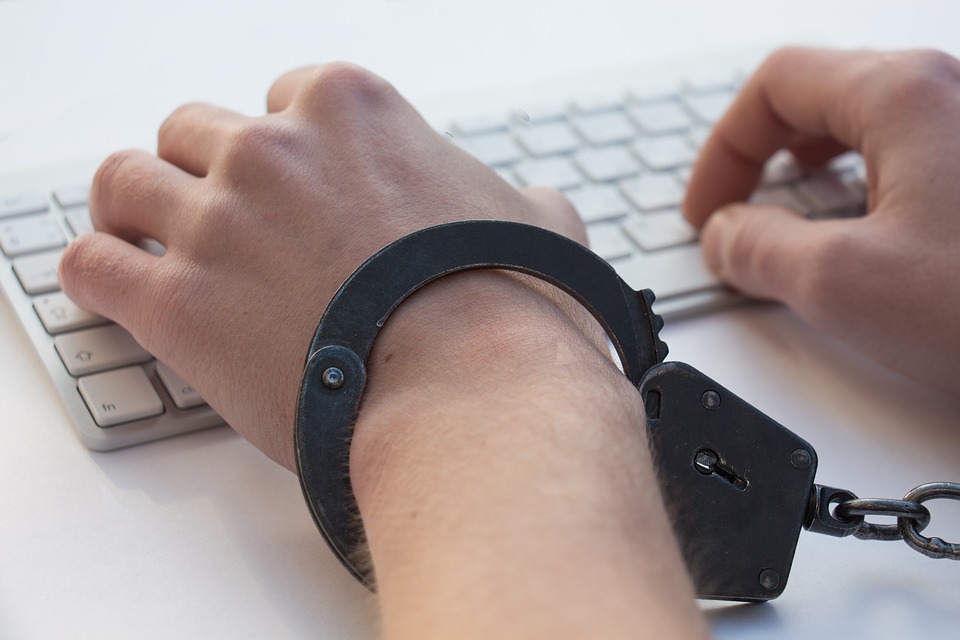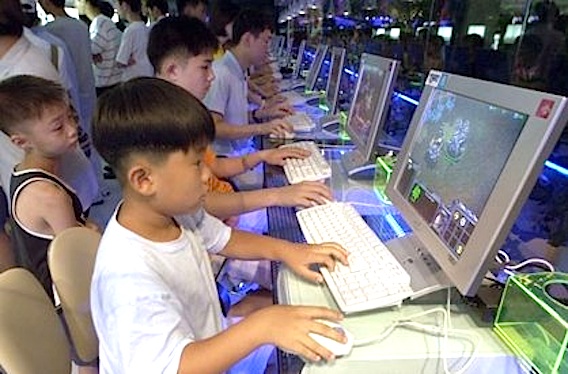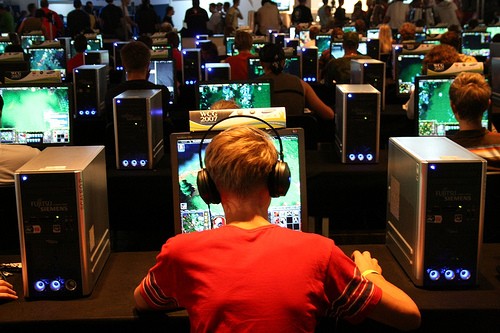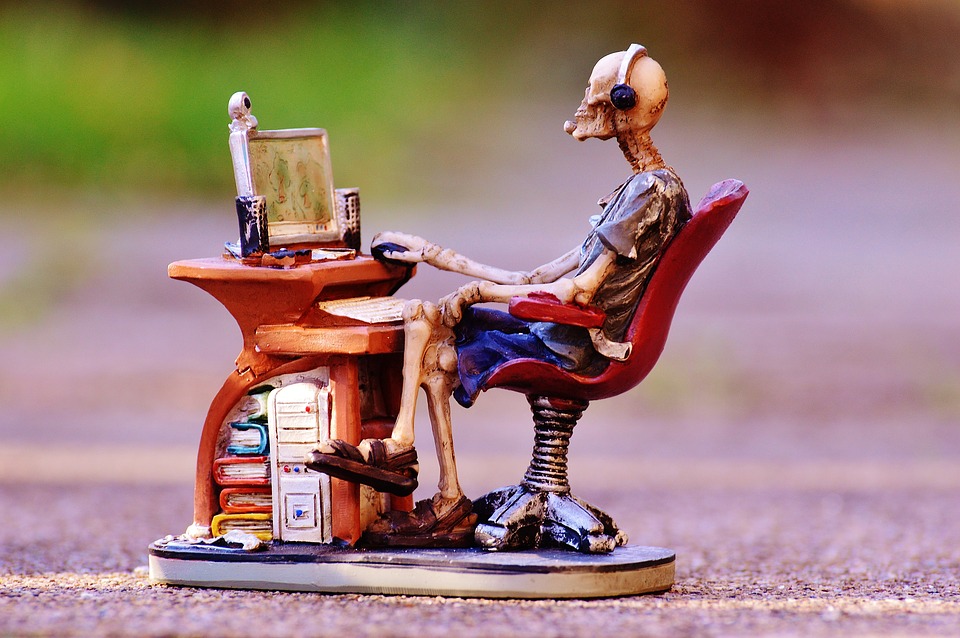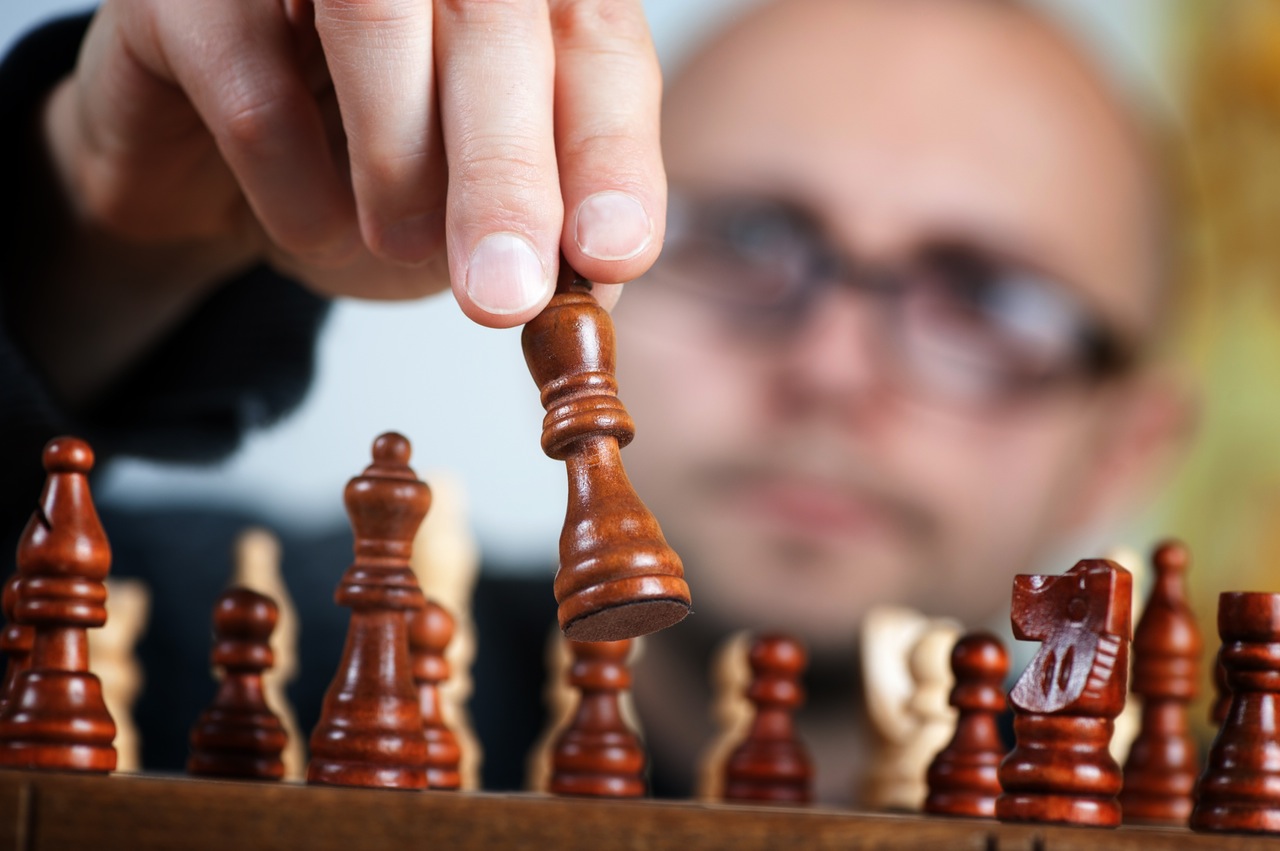Last year, a 19-year-old Chinese teenager rushed to hospital after chopping off his hand by his own so as to cure his addiction to the internet. In 2014, a Chinese man collapsed and died inside an internet cafe in Shanghai after playing World of Warcraft for 19 hours straight. In 2011, another man died after internet gaming for 3 days straight.
Horrible or not? It is a great alarm to AWAKE the society!!!!
Recently, The State Council of China published its draft of a new law on the protection of minors from Internet addiction. The draft calls for banning minors from playing online games between midnight and 8 am, mandating blocking software in smartphones and prohibiting clinics from using electroshock and violence to treat addiction. A question comes : how serious the teen internet addiction is in China?
In China, over 700 million people have access to the internet, some teenagers even use more than 17 hours of screentime and game play on a daily basis, parents finally have no choice but force their internet addicted children into “military-style” detox camps to get rid of addiction. In 2008, China became one of the first countries to declare Internet addiction an official medical condition. Experts defined it as a mental disorder. People with Internet Addiction Disorder spend more than 6 hours online doing something other than work or study. Based on the definition, China has over 20 million “web junkies” according to official estimates and a growing number of clinics and military-style “boot camps” designed to rehabilitate them.
However, in 2014, a 19-year-old girl at a rehab center for teenage internet addicts in Henan province died after being kicked and dropped by her instructors for 2 hours. Her death is the latest example of military-style boot camps—intended to cure China’s supposed millions of internet addicts—gone horribly wrong. To make matters worse, some of the camps employ former Chinese military personnel. A 17-year-old student who were in a rehab center said “We can’t contact the outside world. Even the mail we sent will be checked by teachers in case we say anything bad about the school.”
The US’s first internet addiction rehab camp opened in Pennsylvania in 2013. Will it be a trend to deal with internet addiction? It is worrying that these camps can “kill” teens in another way. Let’s see a video and know more about the Chinese rehab centers.
Reference:
-
http://www.news.com.au/lifestyle/health/health-problems/the-digital-addiction-that-has—–teens-wearing-nappies-so-they-dont-need-a-toilet-break/news-story/5e0d321846a93337dc9f0260fc0ffc23
-
http://www.telegraph.co.uk/news/health/11345412/Inside-the-Chinese-boot-camp-treating-Internet-addiction.html
-
http://www.telegraph.co.uk/news/worldnews/asia/china/11386325/Chinese-teen-chops-hand-off-to-cure-internet-addiction.html
-
https://qz.com/224591/chinas-cure-for-teenage-internet-addiction-is-worse-than-the-supposed-disease/
-
http://edition.cnn.com/2013/09/07/health/internet-addiction-treatment-center/

